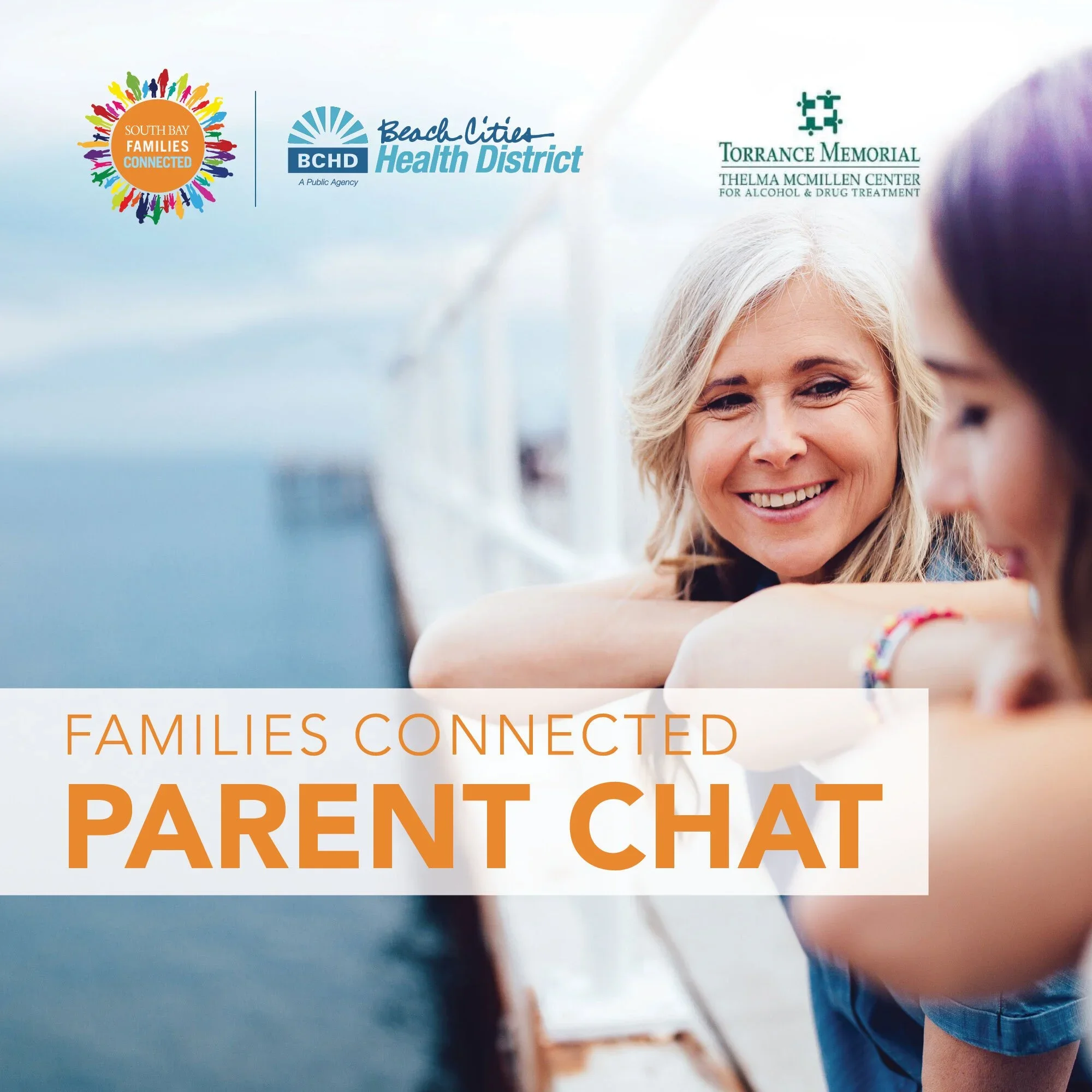On the Minds of Parents: Teens, Technology, and Social Media, by Laura Short McIntire
/No topic seems to come up among parents as frequently, and with such growing alarm, as teens and technology. Is it even possible to keep up with all of these apps? How do we effectively establish and enforce boundaries around screen time? And what should the boundaries be? We get it. As technology continues to evolve, so does its role in our children’s lives. It’s clear that it significantly impacts everything from our children’s sleep patterns to their overall mental health and sense of self, both in the short and the long term.
The good news? There is sound, research-driven advice from experts that can help guide us as we navigate this complex issue.
Summary and Links to national articles
In The Atlantic’s “Have Smartphones Destroyed a Generation?”, Twenge discusses her research and interactions with teenagers in depth. She noticed in 2012 (the year the proportion of Americans who owned smartphones surpassed 50%), teen depression and suicide rates skyrockets. This dramatic shift in teen behavior indicated the emergence of a new generation, iGen. Smartphones have impacted every aspect of teenagers lives, across every demographic, in every household. Twenge noted that unlike other generations, iGen’s don’t seem to want to “rebel” or fight for freedom, content with the “homebody arrangement.” This is a relief for parents, as they no longer have to worry about their teens encountering the dangers and temptations of the outside world, but it ultimately causes a pattern of isolation that has long-term deleterious effects on teen’s mental health
NPR’s “The Thing About Smart Phones" covers an interview with Jean Twenge, a professor of psychology at San Diego University. According to Twenge, this new generation of people born between 1995-2012, which she refers to as “iGen,” are far more psychologically vulnerable than other generations. Smartphone have brought this generation “on the brink of the worst mental health crisis in decades” because iGen’s spend much less time interacting with others face to face, leading to an epidemic of loneliness. Twenge encourages parents to minimize their teens smartphone usage as much as possible, as this time takes away from other psychologically enriching activities and opportunities to form meaningful, supportive relationships.
In CBS’s “Hooked on Phones” Anderson Cooper interviews Google product manager, Tristan Harris, about how programmers are conditioning you to be addicted to your phone by engineering your phone so you’ll check it more often. By exploiting human beings’ innate fight-or-flight response, engineers are finding more and more creative ways to induce anxiety from which humans naturally want immediate relief. Teenagers, who already experience anxiety more than all other age groups, are extremely susceptible to the compulsion of constantly checking their phone to relieve themselves of this anxiety. Cooper encourages parents and teens to educate themselves about the powers of the devices in their pockets, and to be more mindful about how smartphones are affecting their mental state and behavior.
Today’s “Apps For Kids Your Parents Need to Know About” is a video interview with Jim Steyer, CEO of Common Sense Media. Steyer discusses which apps parents need to know about to keep their kids safe. He also provides general phone safety tips, such as ensuring privacy and good judgment while engaging in social media. Please visit the SBFC Technology and Social media for more resources from Common Sense Media, including the Family Dinner Project.
In The Guardian’s “Teenagers’ Sleep Quality and Mental Health at Risk Over Late-Night Mobile Phone Use” Researchers advise that “physical boundaries” be set over device usage to avoid sleep deprivation and other potential mental health issues. A longitudinal study found a correlation between poor-sleep quality and depressed moods, decline in self-esteem, decline in coping abilities, and poor performance in the classroom.
by,
Laura Short McIntire, Founder, the Families Connected Project




